After a class on evaluating sources of information, I requested feedback from students. I asked, ‘What’s least clear for you about evaluating sources of information that we covered today?’ About seven students out of a class of forty nine indicated that determining whether a journal/article is peer reviewed provided them with a bit of a challenge.
At that point in the class I had digressed from my original plan to do a live demo, based on a search query provided by a student. I may have gone too fast for those seven students, so, I will provide what was shared in simple steps which the students may replicate.
The Search
- The search string provided by the student was The post colonial curriculum in Trinidad and Tobago.
- The search was conducted across Google
- The search yielded a few items, one of which was “Curriculum as Cultural Practice: Postcolonial Imaginations”
- The source of the item was J-Stor – a database to which the university subscribed
The book was not available via the university’s subscription with JStor
We therefore engaged in a federated search via UWILinc to determine if the book may have been available in electronic format through any of the databases to which the library subscribed
UWILinc yielded an article by the same title through ProQuest. A closer examination revealed it was an article by the editor of the book on the same subject
This we deemed would be useful even though we did not actually get the full book.
The CRAAP Test
We remembered seeing another article so we returned to the results list.
We noted that the article was available via Research Gate.
So we applied the CRAAP test
Currency
Relevance
Authority
Accuracy
Purpose
Based on the CRAAP Test we determined that the article was valid – The author was affiliated with a reputable university, there were citations and references, and the appearance was scholarly. However, we needed to determine if the journal in which the article was published was peer reviewed.
How Can You Determine If The Article/Journal Is Peer Reviewed?
While all peer reviewed articles are scholarly; all scholarly articles may not be peer reviewed. How then can you determine if an article/journal is peer reviewed?
We engaged in a publication search across EBSCO and ProQuest.
The journal was not found there.
We returned to Google and found the journal’s page.
The page stated that the journal was peer reviewed.
Additionally we checked indexes where the journal’s website indicated that the journal was indexed.
It is also necessary to check the Cabell’s Predatory Reports to determine if a journal is predatory.

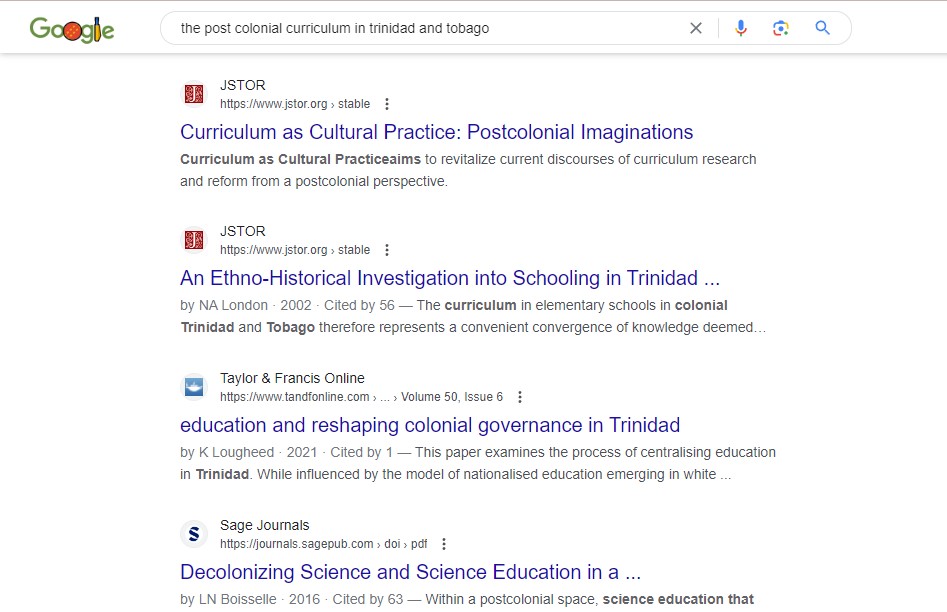
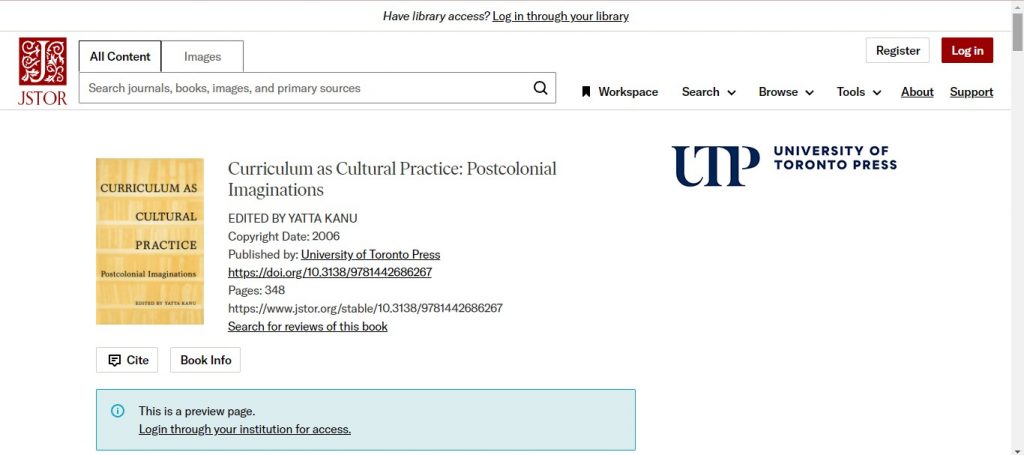
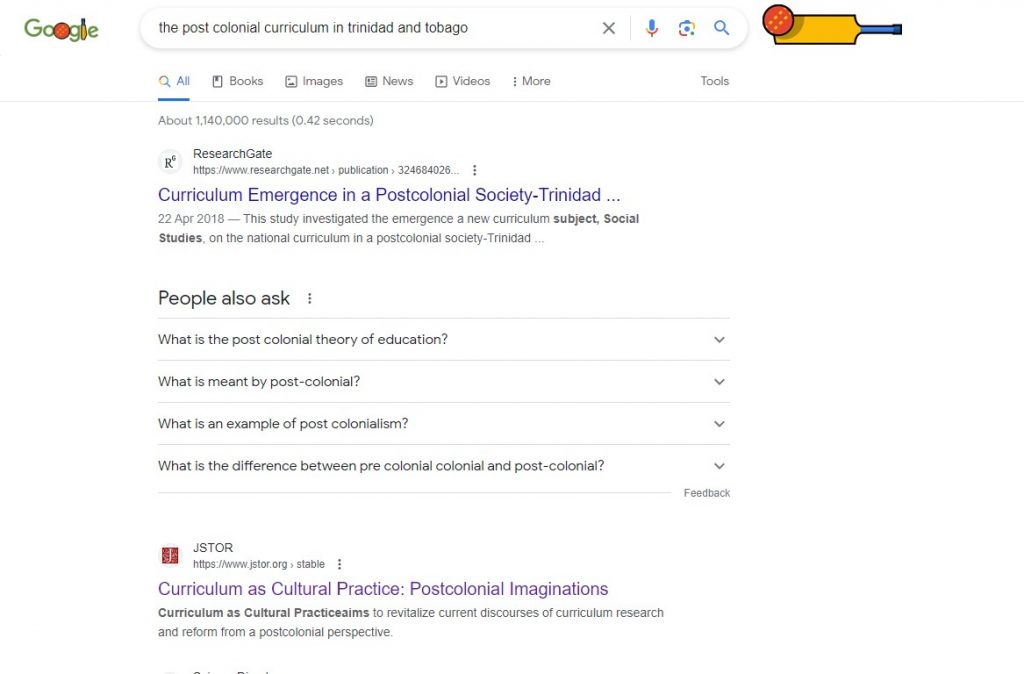
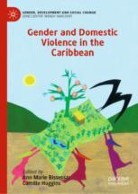


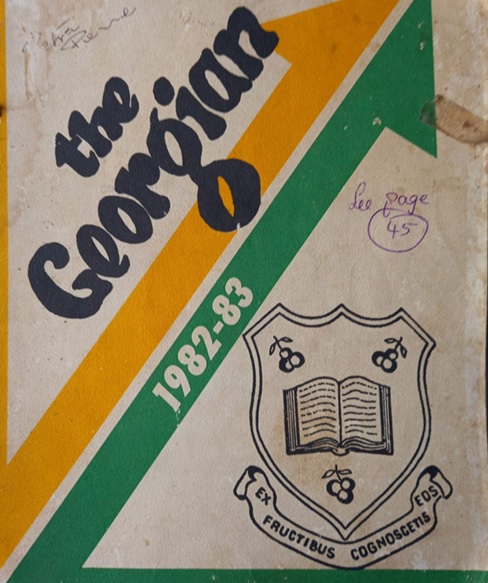
Leave a Reply